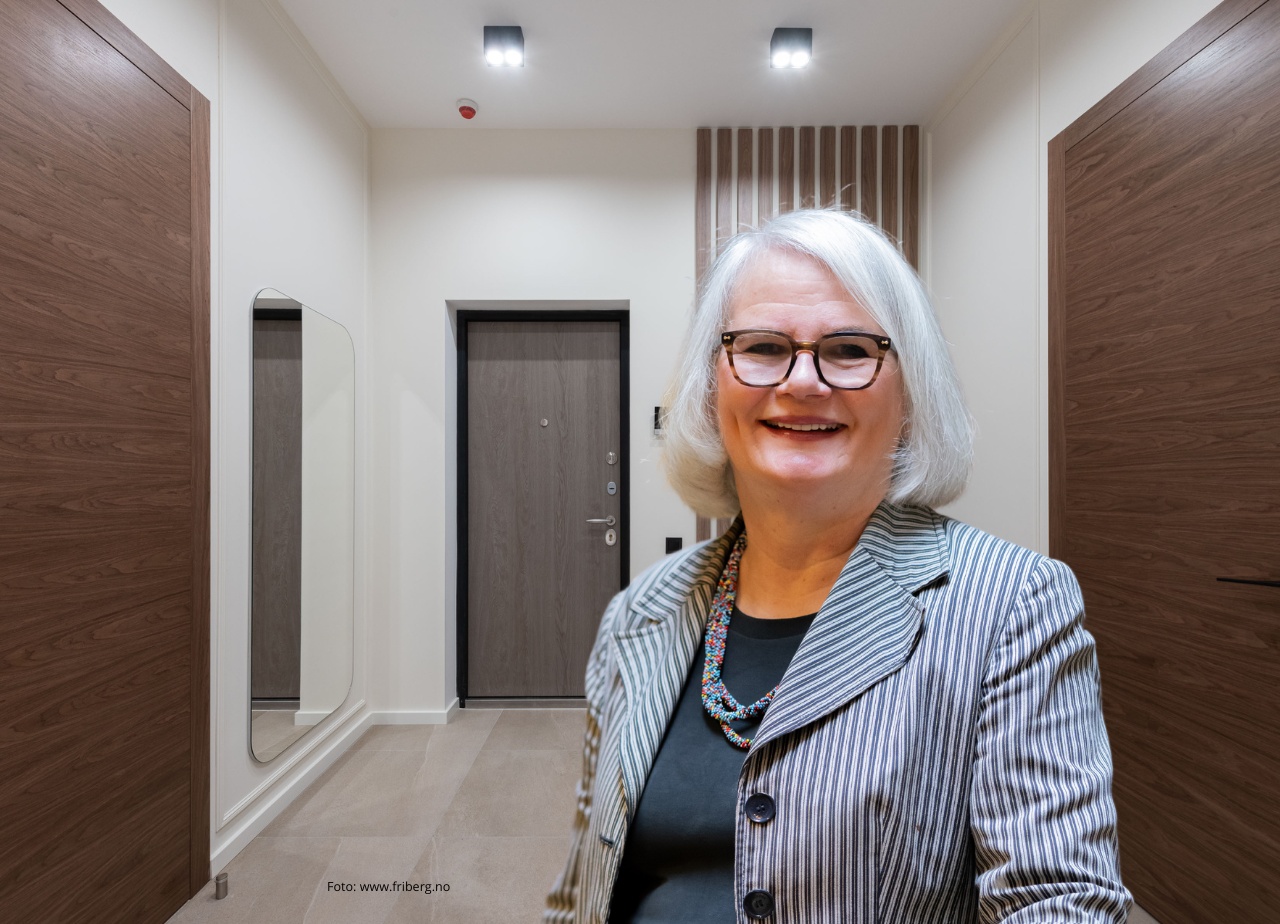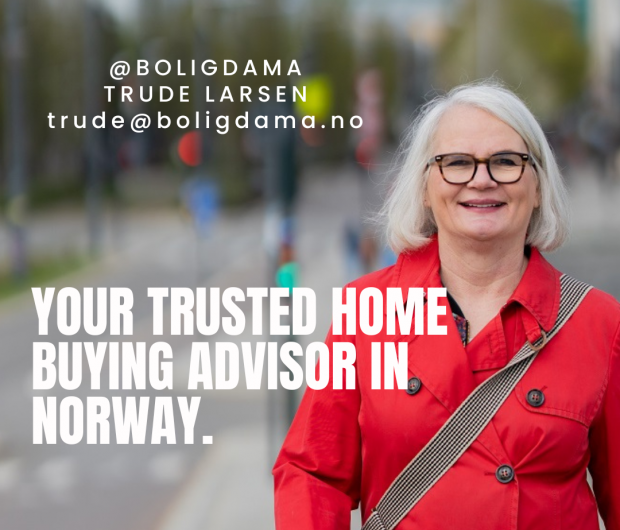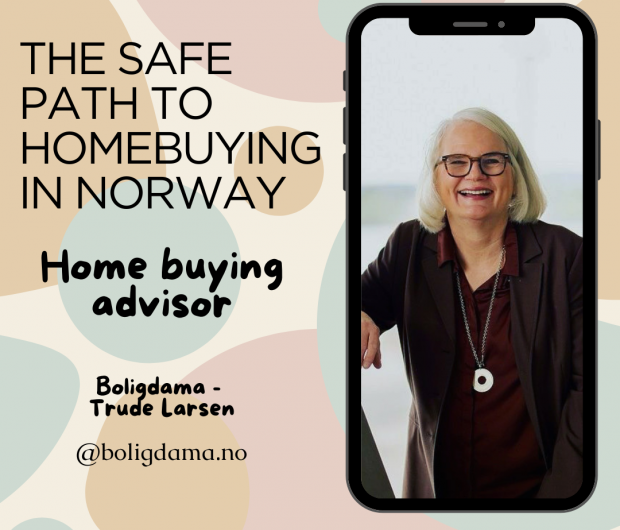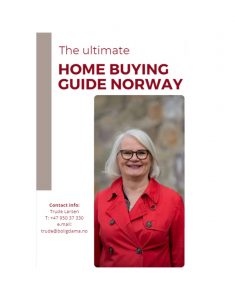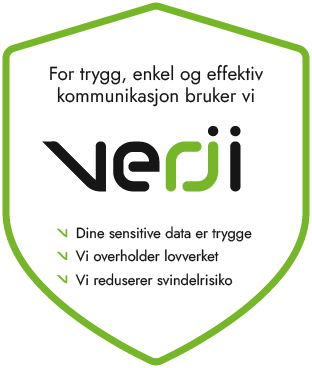A new year means new opportunities for homebuyers. Traditionally, we divide the housing year into spring and autumn seasons. Spring often brings rising property prices, while autumn may offer falling or stable prices.
Here are some insights based on what experts have expressed through the media and my personal insights as a home buying advisor.
What Determines Housing Prices?
- Equity and Loan Financing: In 2025, the equity requirement has been reduced from 15% to 10%. This allows more people the opportunity to buy a home. This is especially relevant for first-time buyers, as the increased access to loans may lead to greater competition for smaller homes.
- Repayment Capability: Banks have been given greater opportunity to assess individual circumstances, such as for families with children who have previously been assessed strictly. Loan approvals, especially if opting for fixed-rate loans, can now take into account income growth and economies of scale for families with many children. This could improve loan opportunities for many.
- Interest Rates: We have been waiting for lower rates for a while, but this year they are expected to reduce, according to experts and the Norwegian Central Bank.
- Supply and Demand: Reduced new construction and a fall in completed homes can increase pressure on the secondary housing market, leading to higher prices.
Expectations for Housing Price Developments
It is difficult to predict exactly what will happen with property prices, but chief economists in most banks expect an increase of between 8-10% in 2025. Eiendom Norge (the organization of real estate agents) predicts a growth of 10%. Statistics Norway is more conservative, estimating an increase of 4.4% for this year.
Large Local Differences
The housing market varies significantly between regions. Oslo stands out with the highest prices and expected growth, but many local factors influence prices. It is essential to understand the market in your municipality to gain an accurate assessment of price development.
Remember that locally, each region has substantial differences regarding centrality, whether the housing is in a growing municipality or one with declining population growth, and many other factors such as access to public transport. The local variations are not reflected in the average statistic.
Evaluation of Individual Prices and Strategy in Bidding Rounds
With access to the Eiendomsverdi database, I can help you assess the market value of your current home and the homes you are interested in buying. Together, we can analyze the price development in the area you are considering purchasing in, allowing you to make an informed decision and pay a fair price. Who knows, you might also save some money because we collaborate on the bidding strategy and make the right moves!
Welcome to have a chat about housing prices and how we can develop a smart purchasing strategy together in 2025.
Best regards,
Boligdama,
Trude Larsen
Home Buying Advisor
T: 950 37 330
trude@boligdama.no
Your Trusted Home Buying Advisor in Norway
